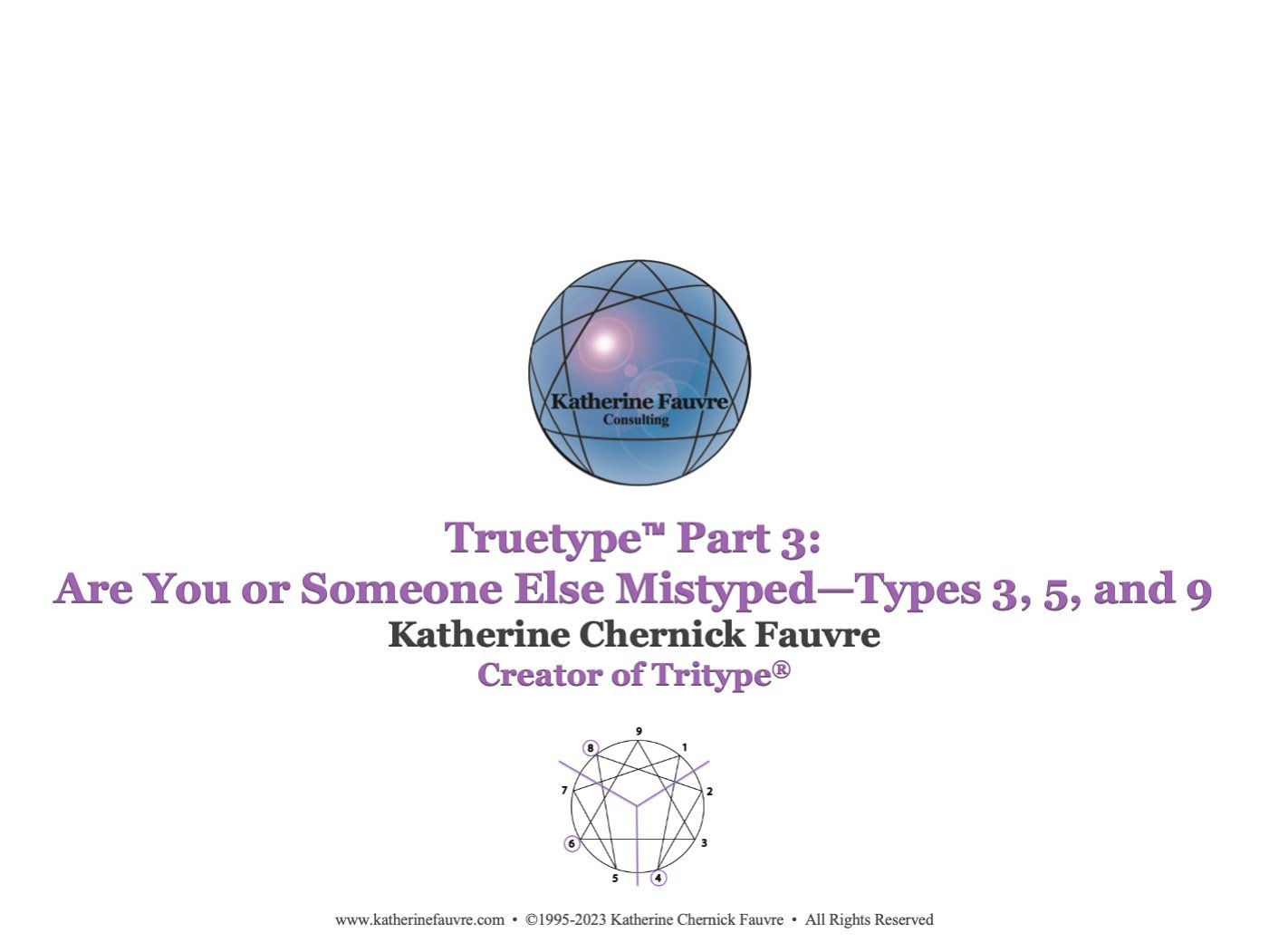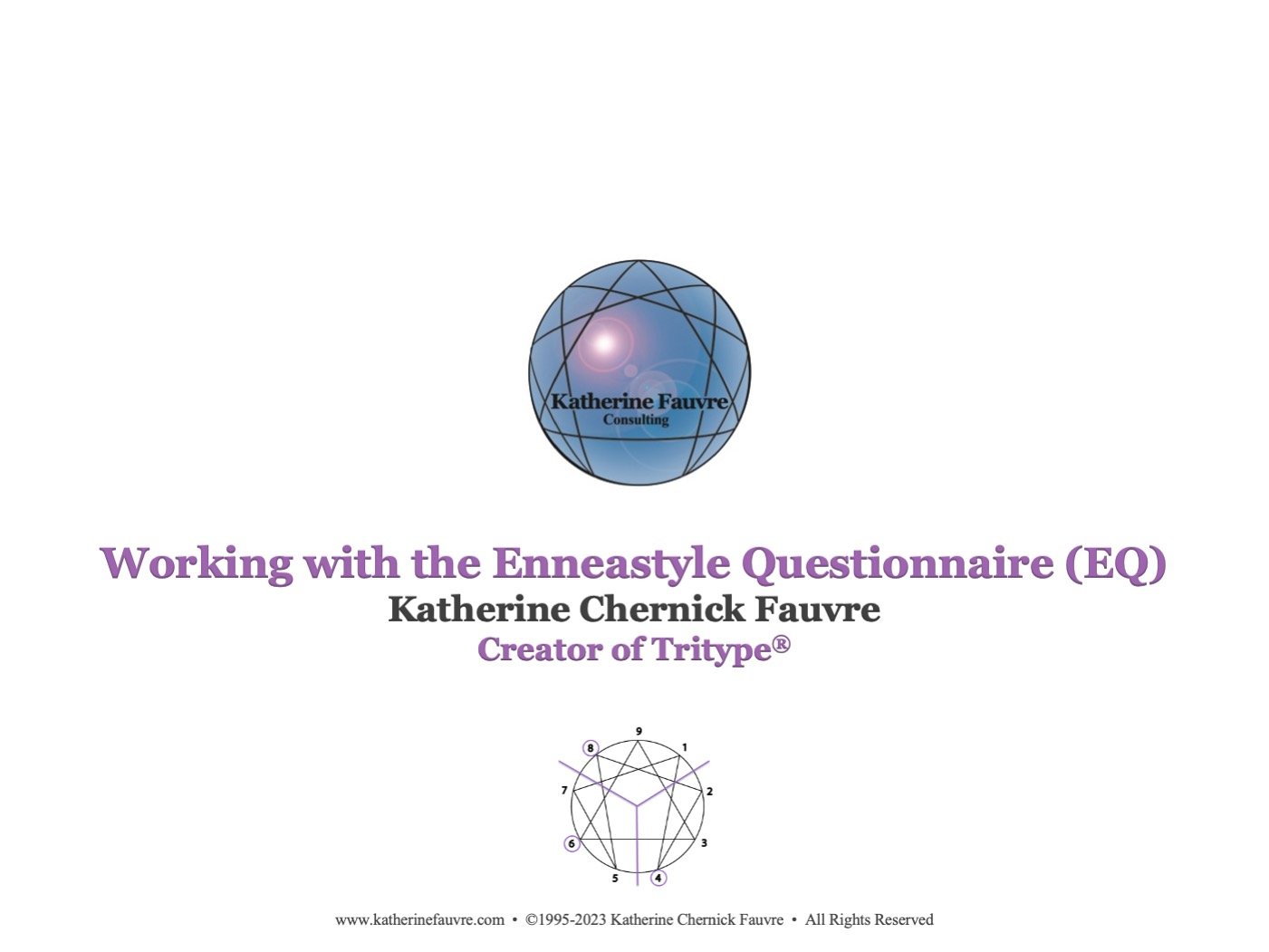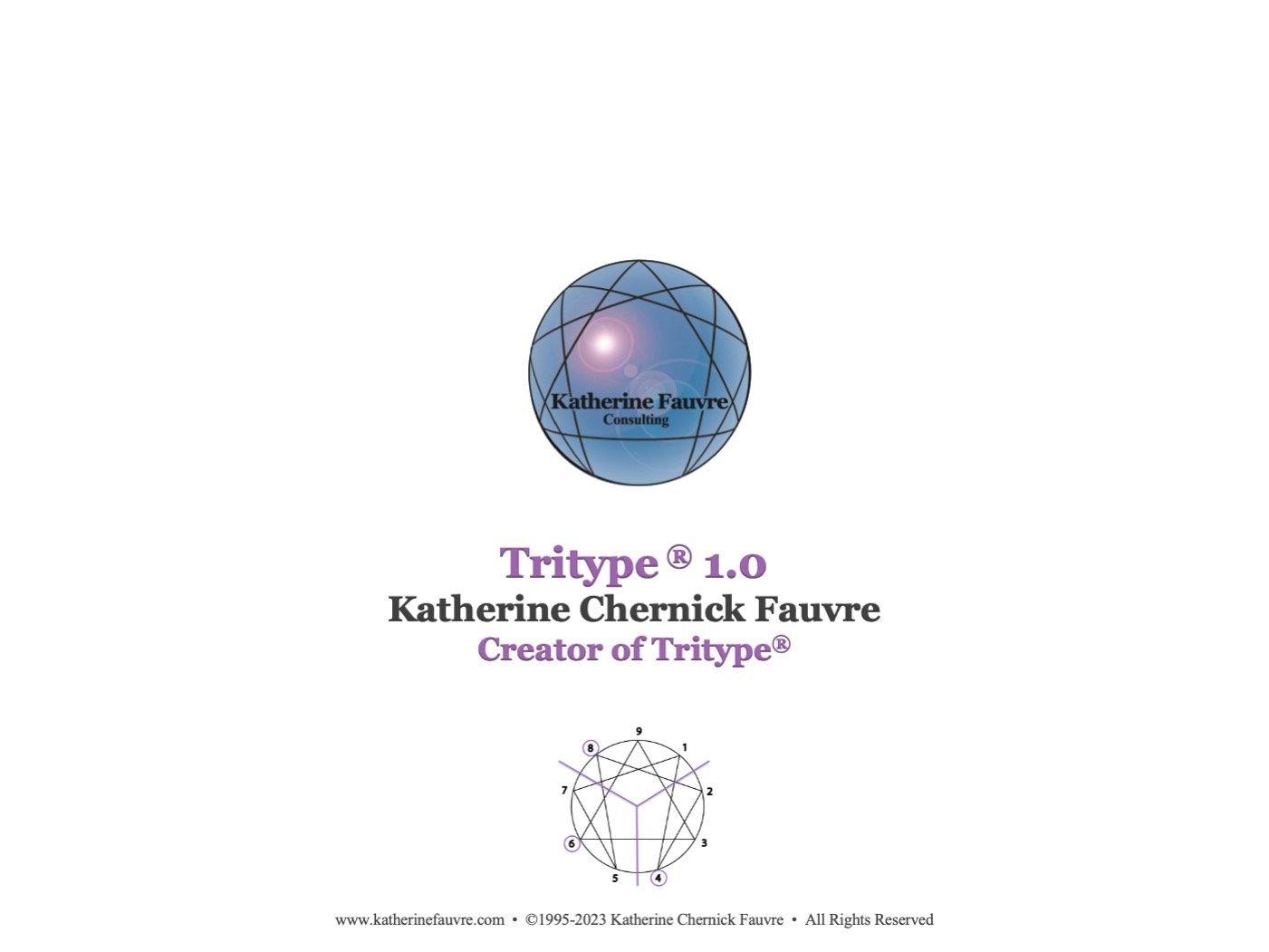Enneagram of Process and Archetypal Roles 3-week Masterclass Advanced Series
Enneagram of Process and Archetypal Roles 3-week Masterclass Advanced Series
Therapists • Coaches • Guides • Mentors • Enthusiasts
Enneagram of Process and Archetypal Roles
What is the Enneagram of Process? Why is it important?
The Enneagram of Process: Initiation to Actualization is a comprehensive framework that applies the wisdom of the Enneagram to guide individuals and organizations through a transformative journey.
This nine-point process aligns with the nine distinct personality types of the Enneagram, integrating their unique attributes to facilitate progression from initiation to actualization. Each step embodies a set of principles and actions influenced by the core characteristics of the corresponding Enneagram type. Together, these steps form a holistic approach to achieving goals, fostering growth, and embracing personal development.
The Enneagram of Process provides a roadmap for personal and professional evolution. These processes are influenced by one's Enneagram Type and Tritype® Stackings. An individual’s sense of purpose arises from the interaction between their Instinctual Stacking and Tritype® Stacking.
The nine steps illuminate the wisdom and sense of purpose of each Enneagram type and Tritype® while emphasizing that the whole is greater than the sum of its parts.
What are the Enneagram Archetypal Roles?
What do they explain about the focus of each Type?
The Enneagram provides profound insights into the distinct roles that individuals of each Enneagram type naturally assume in various systems, including families, relationships, and workplaces. These roles serve a crucial function in fostering a sense of belonging and security, often embodying archetypal patterns that align with the core motivations of each Enneagram type.
One compelling aspect of the Enneagram system is the application of a three-role hierarchy based on an individual’s personal Tritype® Stacking Order. This configuration enables individuals to discern their primary, secondary, and tertiary roles within different contexts, offering a deeper understanding of how they interact with others and navigate life's challenges. By recognizing and exploring these roles, individuals can gain valuable insights into how they can identify and neutralize negative emotions, fixed beliefs, and habitual behaviors. This awareness ultimately enables them to navigate the complexities of the human experience with greater confidence, self-awareness, and clarity.







